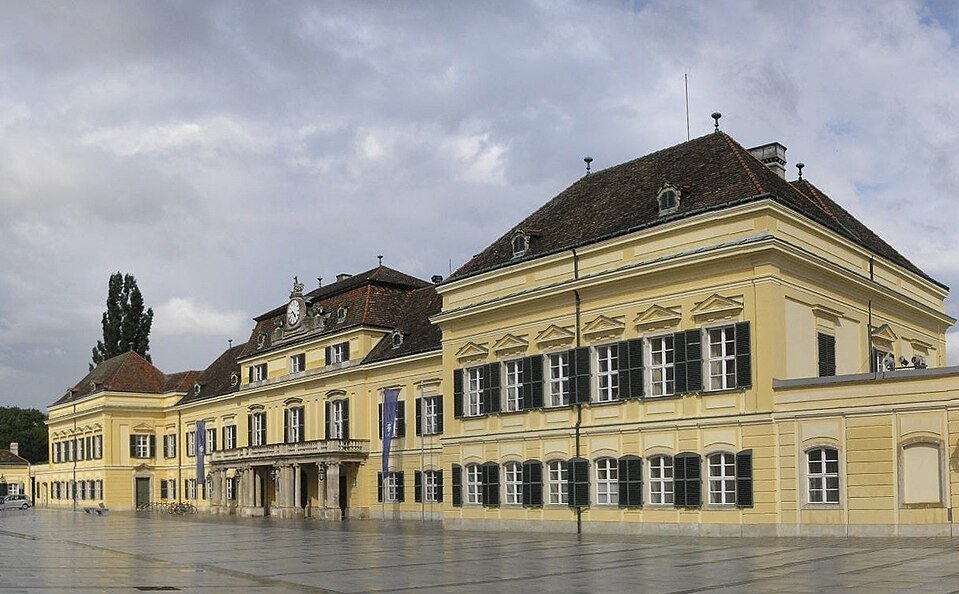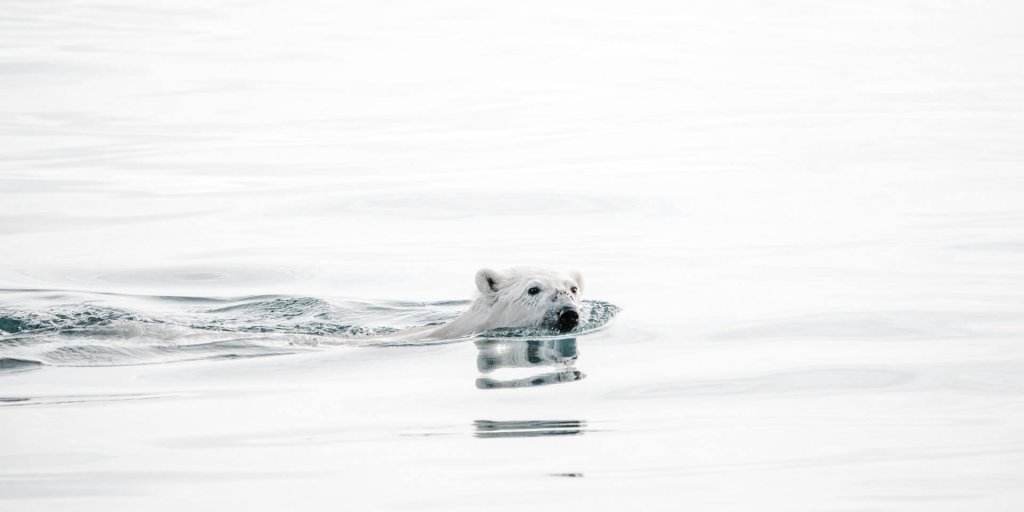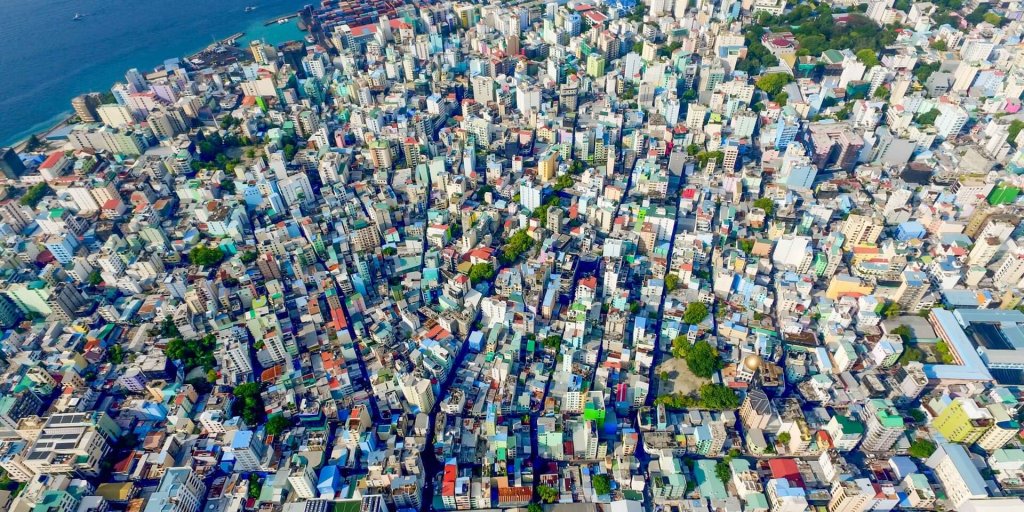

The International Institute for Applied Systems Analysis (IIASA) was established in 1972 by representatives of the Soviet Union, the United States, and 10 other countries from the Eastern and Western blocs to promote East-West scientific cooperation during the Cold War.
IIASA is located just outside Vienna, Austria and is supported by National Member Organizations in twenty-three nations from Africa, the Americas, Asia, Europe and the Middle East. The institute is engaged in scientific research aimed at providing evidence-based insights on complex systems problems of regional and global importance such as climate change, energy security, population aging, and sustainable development.

Applied systems analysis takes into account the interconnectedness of multiple development goals. It offers our best chance of overcoming the substantial barriers to sustainability, now and for future generations. Systems analysis is the cornerstone of research at IIASA, and numerous tools developed at the institute bring the insights of systems science into policy, to address the complex problems of the real world including pollution, deprivation, and climate change.

IIASA is governed by a Council that is made up of one representative of each of IIASA’s member countries, along with various external advisory bodies. Independent and nongovernmental, IIASA cooperates with a global network of research and policy organizations, including the ISC, that share its interest in finding solutions to global problems.

Since 1972, IIASA has contributed to finding solutions to complex global problems by conducting independent and interdisciplinary systems analysis across a wide spectrum of environmental, social, technological, and economic issues. The global transformations in economic and political power of the twenty-first century have raised issues that are increasingly intertwined with critical environmental challenges; IIASA has reaffirmed its mission to provide insights and guidance to decision makers worldwide through analysis and assessments to help identify and chart sustainable pathways through these complex and interlinked global issues. The results of IIASA research and the expertise of its researchers are made available to policymakers in countries around the world to help them produce effective, science-based policies that will enable them to face these challenges.
In 2020, IIASA and the ISC established a partnership to define and design sustainability pathways, through a multi-stakeholder dialogue, to define and design sustainability pathways that would enable building-back a more sustainable and encourage a more equitable post COVID-19 world.
The resulting IIASA-ISC Consultative Science Platform “Bouncing Forward Sustainably – Pathways to a post-COVID World” engaged a unique set of transdisciplinary global thought leaders on four themes:
1. Governance for sustainability
2. Strengthening science systems
3. Resilient food systems
4. Sustainable energy
The platform drew on IIASA’s and the ISC’s combined strengths, expertise and large scientific communities to come up with a set of insights and recommendations, which resulted from a series of twelve consultative meetings with more than 200 thematic experts and thought leaders from the scientific community and private sector from all regions of the world. The platform was informed and supported by an advisory board under the patronage of the former UN Secretary-General, HE Ban Ki-moon, and Chair of The Elders, HE Mary Robinson.
The results of the partnership are showcased on the multimedia website Transformations Within Reach: Pathways to a Sustainable and Resilient World, which shares the findings and recommendations from the consultative platform through five reports, as well as webinars and interviews.
📣 Explore the multimedia portal “Transformations Within Reach: Bouncing Forward Sustainably – Pathways to a Sustainable and Resilient World“
In May 2021, IIASA formed part of the ISC delegation to the UNESCO Special Committee meeting on Open Science, and contributed to the publication of a respective statement exploring how the UNESCO Open Science recommendation and potential cascading interventions by Member States could develop along two divergent pathways.
📣 Read the statement from the ISC delegation on Open Science

Visit the IIASA website
Follow IIASA on Twitter @IIASAVienna
Follow IIASA on Facebook @IIASA

Connect with IIASA on LinkedIn

Subscribe to the IIASA YouTube channel
Follow IIASA on flickr
The International Institute for Applied Systems Analysis (IIASA) has been a Member of the International Science Council since 1987.
Photo 1 by Gryffindor on Wikimedia Commons
Photo 2 by Annie Spratt on Unsplash
Photo 3 by Ishan @seefromthesky on Unsplash
Photo 4 by Ryan McGehee on Unsplash